A FRIEND OF DOROTHY'S
Willett’s novel unfolds in Manhattan circa 1986, where 27-year-old bookstore supervisor Eric Summerfield feels himself a failure as a gay man: He dresses unstylishly, stays home watching TV with his cat at night because he finds socializing an ordeal, and is so awkward during sex that he’s been celibate for four years. Bookstore clerk Dale Corcoran, a flamboyant social butterfly, is Eric’s only friend, but he undermines Eric so consistently—he invites him to a party, then greets him at the door with “you look a little haggard”—that Eric starts avoiding him, too. But when Dale contracts AIDS and is abandoned by friends and estranged from his family, he calls Eric for help in dealing with the ravages of the illness. Fighting his urge to flee, Eric nurses Dale through vomiting and diarrhea, hospitalizations, progressive blindness, creeping dementia, and relentless wasting—and finds that the burden fitfully drags him out of his isolation and reinvests him in life. (Further perking him up is Dale’s replacement, a gorgeous young man who is ostensibly straight but seems to hint at other proclivities.) Willett depicts Dale’s illness in unflinching detail but avoids maudlin sentimentality—almost until the end, Dale remains a spirited, bitchy, shrewd, and charismatic man, and his and Eric’s recollections paint a vibrant portrait of gay life in the late 1970s. Writing with a hangdog wit (“was it maybe true that the only way Eric could feel relaxed at a party was if the host had a terminal illness?”), Willett manages the difficult task of making an AIDS story funny; then, through a skillful accretion of matter-of-fact details, he vividly conveys the pathos of Dale’s decline and Eric’s fumbling, tender response. Readers will be laughing through their tears.


Willett’s novel unfolds in Manhattan circa 1986, where 27-year-old bookstore supervisor Eric Summerfield feels himself a failure as a gay man: He dresses unstylishly, stays home watching TV with his cat at night because he finds socializing an ordeal, and is so awkward during sex that he’s been celibate for four years. Bookstore clerk Dale Corcoran, a flamboyant social butterfly, is Eric’s only friend, but he undermines Eric so consistently—he invites him to a party, then greets him at the door with “you look a little haggard”—that Eric starts avoiding him, too. But when Dale contracts AIDS and is abandoned by friends and estranged from his family, he calls Eric for help in dealing with the ravages of the illness. Fighting his urge to flee, Eric nurses Dale through vomiting and diarrhea, hospitalizations, progressive blindness, creeping dementia, and relentless wasting—and finds that the burden fitfully drags him out of his isolation and reinvests him in life. (Further perking him up is Dale’s replacement, a gorgeous young man who is ostensibly straight but seems to hint at other proclivities.) Willett depicts Dale’s illness in unflinching detail but avoids maudlin sentimentality—almost until the end, Dale remains a spirited, bitchy, shrewd, and charismatic man, and his and Eric’s recollections paint a vibrant portrait of gay life in the late 1970s. Writing with a hangdog wit (“was it maybe true that the only way Eric could feel relaxed at a party was if the host had a terminal illness?”), Willett manages the difficult task of making an AIDS story funny; then, through a skillful accretion of matter-of-fact details, he vividly conveys the pathos of Dale’s decline and Eric’s fumbling, tender response. Readers will be laughing through their tears.













_1.jpg)
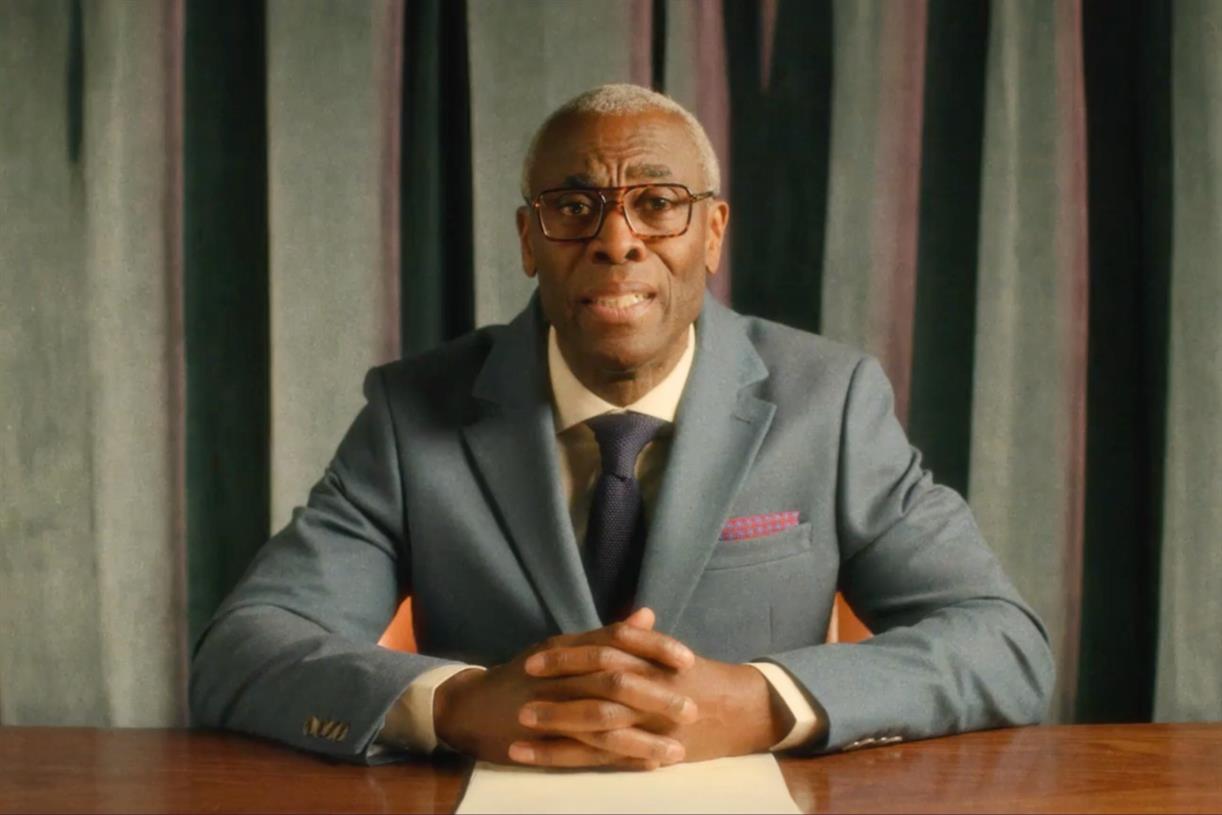


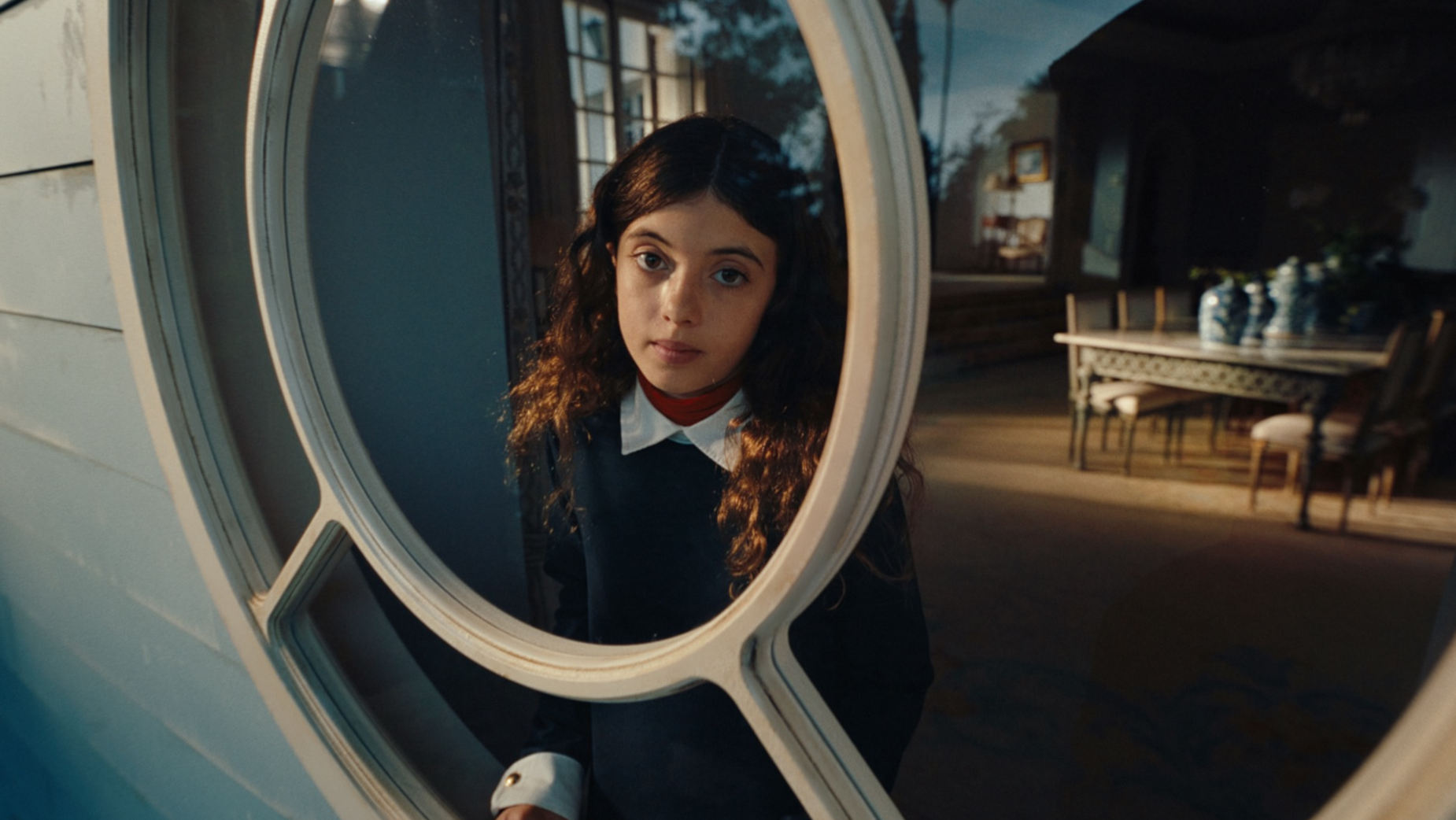

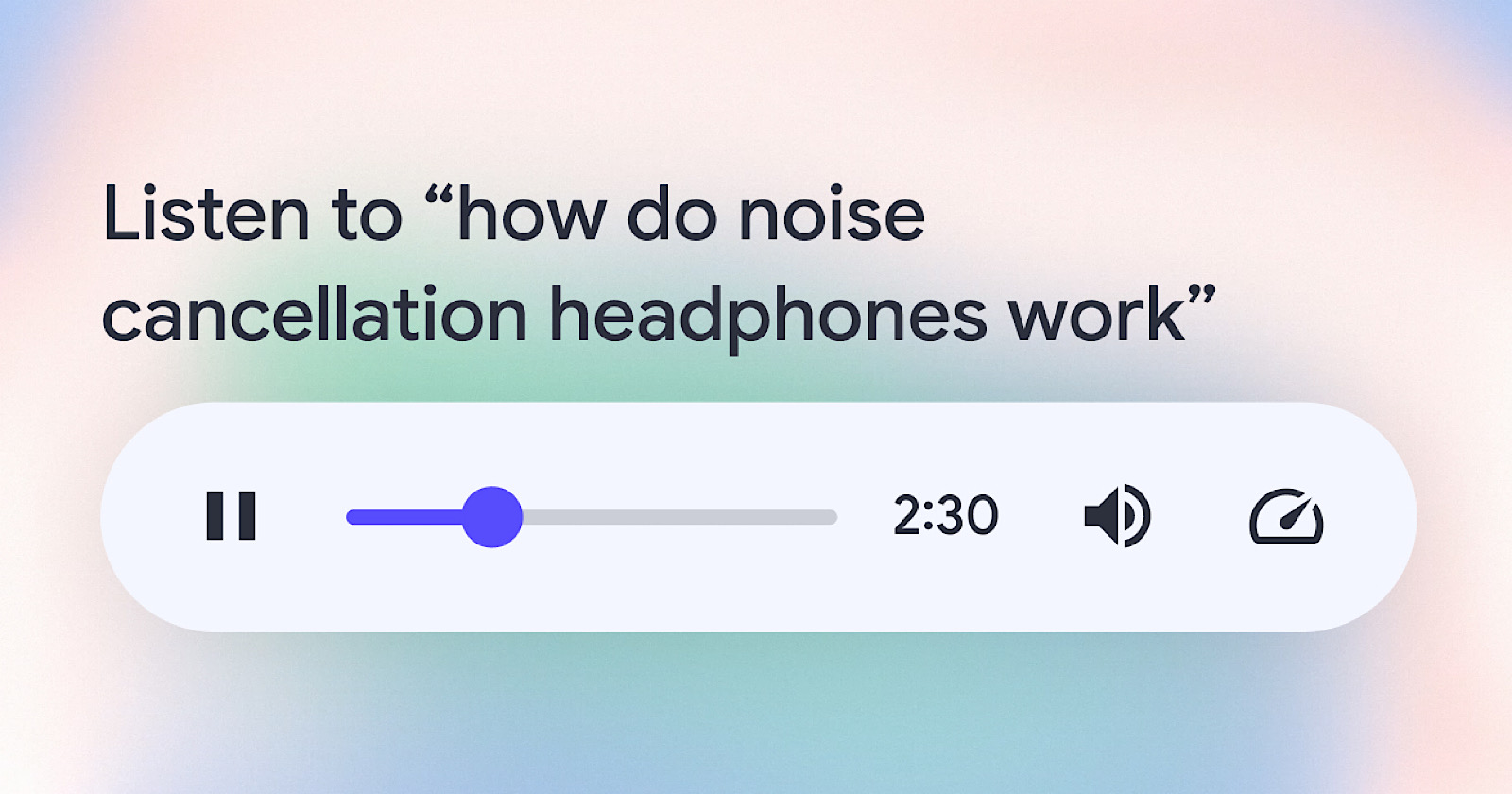

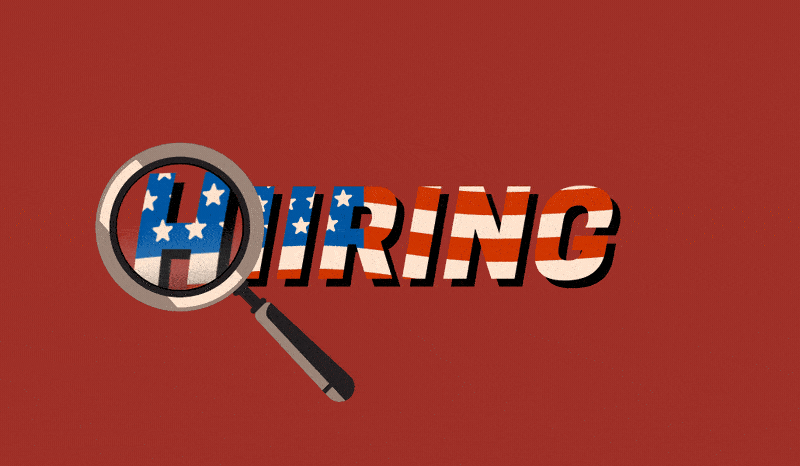


![Brand and SEO Sitting on a Tree: K-I-S-S-I-N-G [Mozcon 2025 Speaker Series]](https://moz.com/images/blog/banners/Mozcon2025_SpeakerBlogHeader_1180x400_LidiaInfante_London.png?auto=compress,format&fit=crop&dm=1749465874&s=56275e60eb1f4363767c42d318c4ef4a#)

![How To Launch, Grow, and Scale a Community That Supports Your Brand [MozCon 2025 Speaker Series]](https://moz.com/images/blog/banners/Mozcon2025_SpeakerBlogHeader_1180x400_Areej-abuali_London.png?auto=compress,format&fit=crop&dm=1747732165&s=beb7825c980a8c74f9a756ec91c8d68b#)
![Clicks Don’t Pay the Bills: Use This Audit Framework To Prove Content Revenue [Mozcon 2025 Speaker Series]](https://moz.com/images/blog/banners/Mozcon2025_SpeakerBlogHeader_1180x400_Hellen_London.png?auto=compress,format&fit=crop&dm=1747758249&s=9f3c5b1b7421f862beace1cb513053bb#)
























![The 11 Best Landing Page Builder Software Tools [2025]](https://www.growthmarketingpro.com/wp-content/uploads/2024/04/best-landing-page-software-hero-image-1024x618.png?#)


















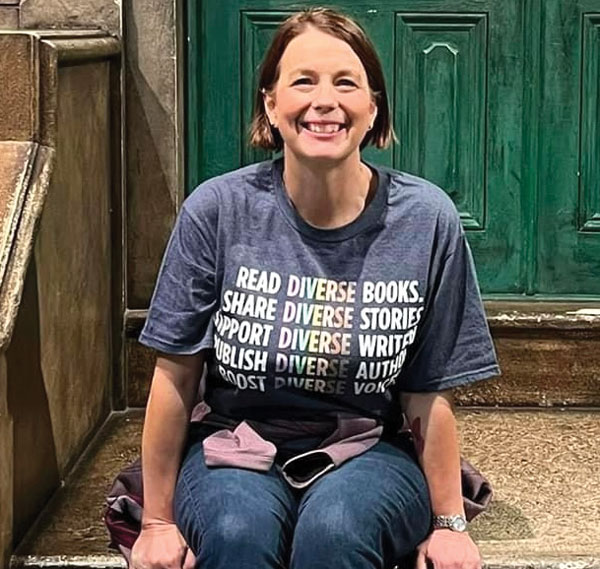
















![How to Create an SEO Forecast [Free Template Included] — Whiteboard Friday](https://moz.com/images/blog/banners/WBF-SEOForecasting-Blog_Header.png?auto=compress,format&fit=crop&dm=1694010279&s=318ed1d453ed4f230e8e4b50ecee5417#)


![How To Build AI Tools To Automate Your SEO Workflows [MozCon 2025 Speaker Series]](https://moz.com/images/blog/banners/Mozcon2025_SpeakerBlogHeader_1180x400_Andrew_London-1.png?auto=compress,format&fit=crop&dm=1749642474&s=7897686f91f4e22a1f5191ea07414026#)














![Marketers Using AI Publish 42% More Content [+ New Research Report]](https://ahrefs.com/blog/wp-content/uploads/2025/06/marketers-using-ai-publish-42-more-by-ryan-law-data-studies-1.jpg)


![Instagram hashtags: How to find best hashtags for Instagram [+ list]](https://media.sproutsocial.com/uploads/2023/07/Instagram-hashtags-how-to-find-and-use-the-best-hashtags-Final.jpg)









![Brand pitch guide for creators [deck and email templates]](https://blog.hootsuite.com/wp-content/uploads/2022/06/brand-pitch-template.png)



![The HubSpot Blog’s AI Trends for Marketers Report [key findings from 1,000+ marketing pros]](https://www.hubspot.com/hubfs/state-of-AI-1-20240626-53394.webp)
![AI can boost conversions from your web page — HubSpot’s CMO shows you how [tutorial]](https://knowledge.hubspot.com/hubfs/ai-1-20250605-395473.webp)
![The state of inclusive marketing in 2025 [new data + expert insight]](https://www.hubspot.com/hubfs/inclusive-marketing-report.webp)












![X Highlights Back-To-School Marketing Opportunities [Infographic]](https://imgproxy.divecdn.com/dM1TxaOzbLu_kb9YjLpd7P_E_B_FkFsuKp2uSGPS5i8/g:ce/rs:fit:770:435/Z3M6Ly9kaXZlc2l0ZS1zdG9yYWdlL2RpdmVpbWFnZS94X2JhY2tfdG9fc2Nob29sMi5wbmc=.webp)






